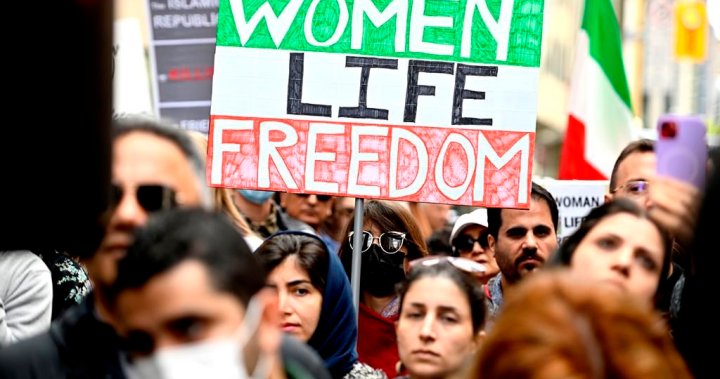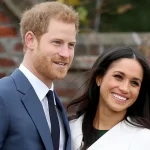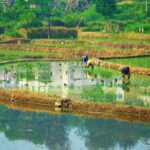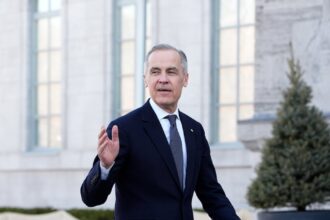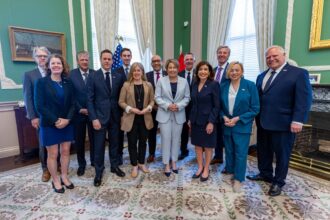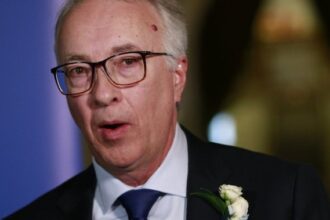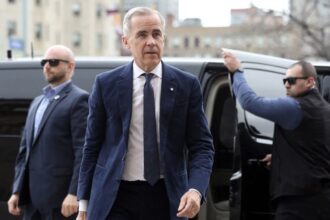Canada’s Political Response to Iran
The assassination of Hamas leader Ismail Haniyeh in Tehran last week has once again thrust Iran into the spotlight of Canadian politics, exposing the stark divisions in how our political parties approach one of the most contentious regimes in the Middle East.
The incident occurred just hours after Israel and Hamas appeared close to a potential ceasefire agreement, immediately raising tensions across the region. While Israel has maintained a position of strategic ambiguity regarding responsibility for the strike, Iran has vowed severe retaliation, sending shockwaves through diplomatic channels worldwide.
Liberal Government’s Calibrated Policy
Canada’s political response to these developments reveals a complex tapestry of competing approaches to Iran. The Liberal government has consistently maintained what it describes as a “calibrated” stance, attempting to balance diplomatic engagement with hard-line positions on specific Iranian actions.
“Our government has maintained a policy of controlled engagement with Iran,” explained Foreign Affairs Minister Mélanie Joly during a recent press conference. “We continue to hold Iran accountable for its destabilizing actions while keeping diplomatic channels open where they serve Canadian interests.”
Conservative Push for Terror Designation
This approach stands in stark contrast to the position advocated by Pierre Poilievre’s Conservatives, who have repeatedly called for listing Iran’s Islamic Revolutionary Guard Corps (IRGC) as a terrorist entity – something the Liberal government has thus far resisted despite parliamentary motions supporting such action.
“The Liberal government’s refusal to list the IRGC as a terrorist organization demonstrates their weakness on national security,” Conservative foreign affairs critic Michael Chong told CO24 Politics. “The IRGC represents a clear threat to international peace and security.”
The debate over designating the IRGC as a terrorist organization has become a political flashpoint. The Liberal government maintains that such a designation presents complex legal challenges, as the IRGC is technically part of Iran’s official military. Critics argue this position reflects hesitancy rather than legitimate legal concerns.
NDP Emphasis on Humanitarian and Diplomatic Solutions
Meanwhile, the NDP has staked out a position emphasizing humanitarian concerns and diplomatic solutions while also expressing sharp criticism of Iran’s human rights record. “We need to support the Iranian people’s demands for freedom and democracy while preventing dangerous escalation in the region,” NDP leader Jagmeet Singh recently stated.
Economic Factors and Trade
Economic considerations further complicate Canada’s Iran policy. Despite sanctions, Canadian exports to Iran totaled approximately $43 million in 2022, according to CO24 Business analysis of Statistics Canada data. This economic relationship, though modest, represents another dimension of the strategic calculations facing policymakers.
Domestic Political Implications
The Iran question also carries significant domestic political implications. With over 200,000 Canadians of Iranian descent, many of whom fled the Islamic regime, political positions on Iran resonate deeply within certain voting communities, particularly in urban centers like Toronto and Vancouver.
“The Iranian-Canadian community is diverse in its views, but many feel the government should take a firmer stance against the regime that has oppressed their homeland,” explained Dr. Payam Akhavan, a McGill University law professor and human rights expert, in an interview with CO24 News.
Broader Regional Tensions
The assassination of Haniyeh comes at a particularly volatile moment in the Middle East, with the ongoing Israel-Hamas conflict threatening to expand into a wider regional conflagration. Iran’s responses to perceived provocations will likely force Canadian political leaders to further refine their positions in the coming weeks.
As tensions escalate, Canadians are left to consider a profound question about our nation’s role in global affairs: Can Canada effectively balance its commitment to human rights, regional stability, and diplomatic pragmatism when confronting regimes like Iran, or must we ultimately choose between competing moral and strategic imperatives?

